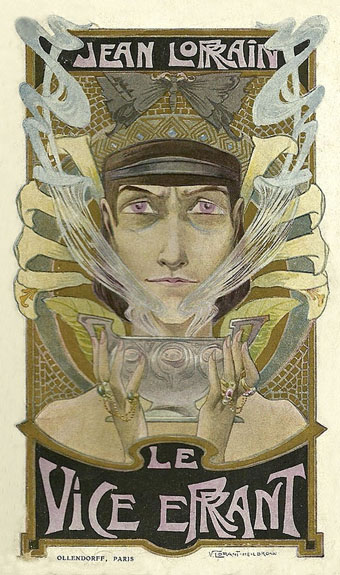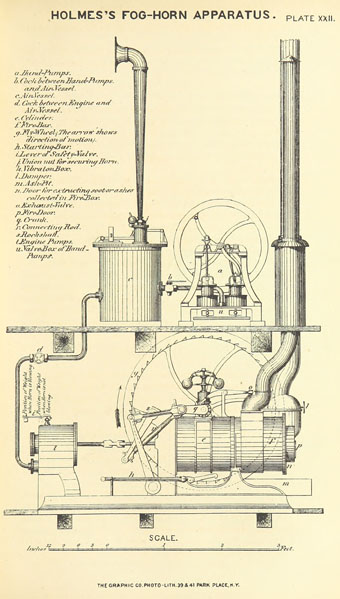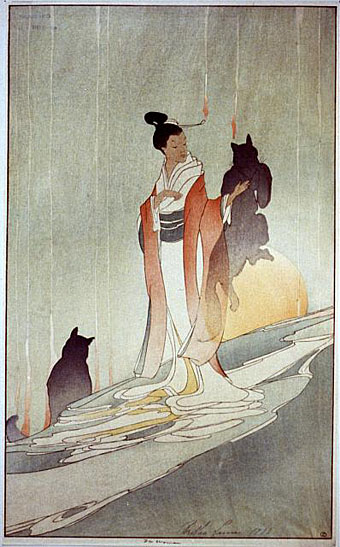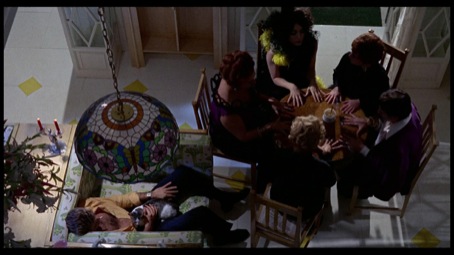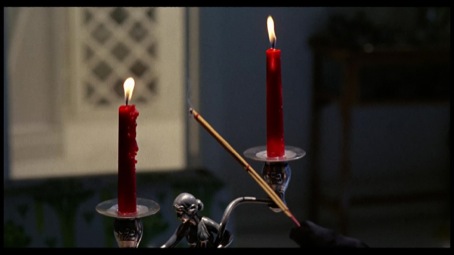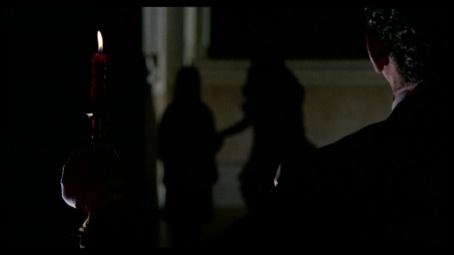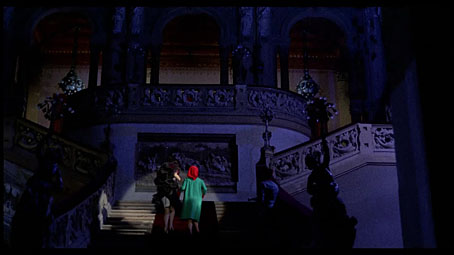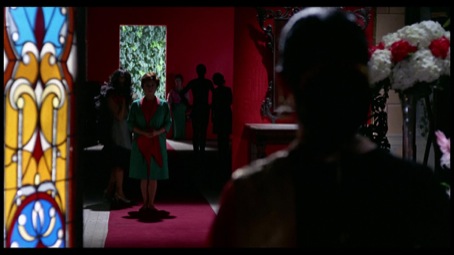
Cover art by Edward Gorey, 1964.
• Plenty of Halloween fallout as usual this week, but then Halloween here is a state of mind rather than a single day’s celebration. Leading off with an article by Smoky Man for Italian readers (and for auto-translators) at (Quasi), the first in what will be a series of reviews of each section of the Moon and Serpent Bumper Book of Magic. I’ve been helping with this, answering questions about the book’s production. I may post my answers here at a later date but for the moment I’m happy to keep them exclusive. In other Moon and Serpent news, the Bumper Book was reviewed by Sam Thielman in the New York Times last weekend, and also subjected to a deeper exploration by Joe McCullough for The Comics Journal.
• Michael Atkinson explores the psychosocial dread at the heart of Japanese horror. One of the films I watched for Halloween was Kiyoshi Kurosawa’s brilliantly unnerving Pulse, a film which turns up again in Anne Billson’s evolution of horror in ten revolutionary films.
• Among the new titles at Standard Ebooks, the home of free, high-quality, public-domain texts: Short Fiction by Frank Belknap Long, a collection of science fiction and horror stories which opens with Long’s contribution to the Cthulhu Mythos, The Hounds of Tindalos.
Paracelsus’ quasi-scientific, quasi-magical worldview would profoundly influence scientists for centuries to follow. As historian Violet Moller puts it in her new book Inside the Stargazer’s Palace, “To our rational, orderly, 21st-century minds the 16th-century map of knowledge appears messy, a paradoxical and confusing place where magic was studied alongside geometry, people searched obsessively for the philosopher’s stone and astrology was fundamental to many areas of life.” But in this mixed-up cauldron of magic and nature, real science was forged.
Dale Markowitz on how the occult gave birth to science
• New music: Of Nature & Electricity by Teleplasmiste, and Tristitiam Et Metus Tradam Portare Ventis by Philippe Blache (Day Before Us).
• Adam Scovell dares to look inside Dario Argento’s dungeon-like museum of horror memorabilia, Profondo Rosso.
• At Little White Lies: Tyler Thier on Stan Brakhage’s autopsy film, The Act of Seeing With One’s Own Eyes.
• At Spoon & Tamago: Keisuke Oka’s Arimaston Building in Tokyo, made entirely by hand.
• At Bandcamp: George Grella on the pioneers of musique concrète.
• At Unquiet Things: Marci Washington’s midnight revelations.
• Typo 8: The International Journal of Prototypes.
• RIP Teri Garr.
• Pulse (1972) by Agitation Free | Pulse State (1991) by The Future Sound Of London | Pulse Detected (2021) by The Grid/Fripp

